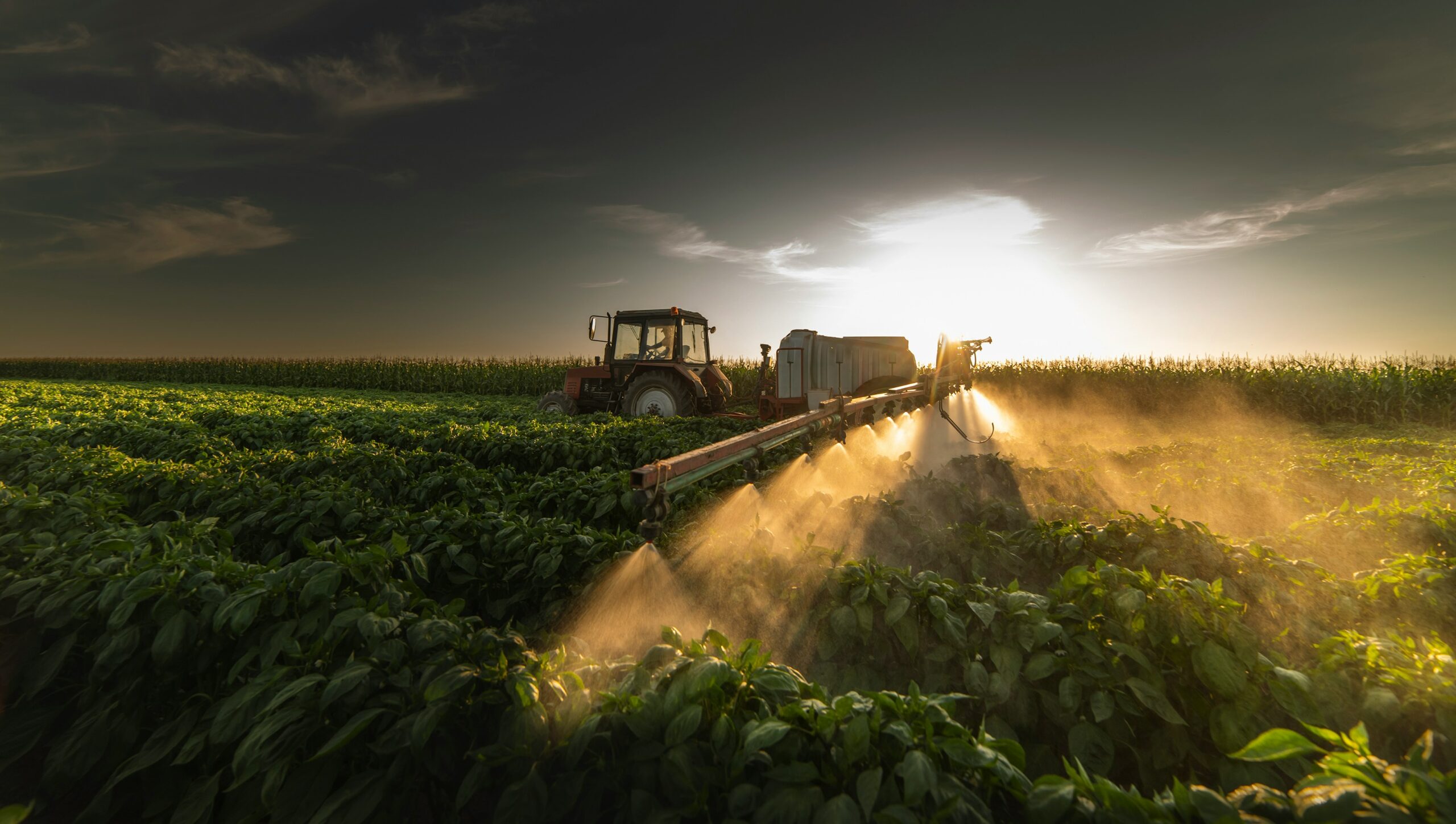
Farmers have long been the unsung sustainability heroes, using their deep understanding of nature and ecosystems to balance agriculture and environmental health. They were the first to recognize the importance of sustainable practices long before “sustainability” became a buzzword. For centuries, farmers have implemented strategies that provided food for society and preserved the environment for future generations. Today, as the world faces environmental challenges, the wisdom of farmers in sustainable practices is more relevant than ever.
Sustainable Farming Practices: Rooted in Tradition
Sustainability has been a core principle of farming since its inception. Farmers have always had a symbiotic relationship with the land, understanding that the long-term health of their crops and animals depends on the health of the soil and the surrounding environment. Crop rotation, for example, has been used for centuries to preserve soil nutrients. Farmers prevent soil depletion and reduce the risk of pests and diseases by alternating different crops in the same field. This method is still considered one of the most effective sustainable farming practices today.
Similarly, the concept of organic farming, which emphasizes using natural fertilizers and pest control methods, has been around long before the industrialization of agriculture. Farmers historically relied on compost, manure, and plant-based solutions to nourish their crops, maintaining a balance that didn’t compromise the soil’s long-term health.
Water Conservation: A Key to Sustainable Agriculture
Farmers have always been masters of water conservation, recognizing early on that efficient water management is vital for crops and the environment. Water is one of the most precious resources on a farm, and its careful management has been a cornerstone of sustainability.
Farmers have devised sophisticated irrigation systems throughout history to ensure water is used efficiently. These techniques allow farmers to grow crops even in scarce water, without depleting the resource or harming the environment.
Today, agroecology incorporates these age-old practices into modern farming. This approach blends ecological principles with agricultural practices, creating a system that benefits farmers and the environment. By planting a variety of crops and maintaining habitats for wildlife, farmers contribute to preserving local biodiversity. This approach improves the farm’s resilience to pests and diseases and supports the broader ecological systems in which it operates.
The Role of Technology in Modern Sustainability
While traditional farming methods laid the foundation for sustainable agriculture, modern technology has allowed farmers to take sustainability to new heights. Farmers increasingly use technology to monitor and optimize their operations, from soil health to water usage to crop yields.
One of the most exciting developments in sustainable farming is precision agriculture. Farmers can collect detailed data about their crops and land through GPS, drones, and sensors, allowing them to make real-time decisions that reduce waste and maximize efficiency.
In addition to precision agriculture, renewable energy sources like solar and wind power are becoming more common on farms. By using renewable energy, farmers can reduce their reliance on fossil fuels, lower operating costs, and make their operations more environmentally friendly. This shift to clean energy directly reflects the sustainable practices that farmers have been implementing for generations.
The Future of Sustainable Farming
As the world faces the challenges of climate change, resource depletion, and growing populations, the need for sustainable farming practices has never been more urgent. Farmers are at the forefront of these efforts, continually adapting their methods to ensure that agriculture can thrive while protecting the environment.
Looking ahead, farmers will play a key role in mitigating climate change. Regenerative farming practices, such as no-till farming and cover cropping, are already gaining traction. These methods help restore soil health, capture carbon, and reduce greenhouse gas emissions. By sequestering carbon in the soil, farmers are not only improving the productivity of their land but also playing a part in the fight against climate change.
Additionally, urban agriculture and vertical farming are emerging as innovative solutions to food production in cities, proving that farmers continue to lead the way in sustainable practices. These new methods of agriculture can help reduce the environmental impact of food production while providing fresh, locally grown food to urban populations.
Why Farmers Should Be Recognized as Sustainability Experts
Farmers have always been sustainability experts, long before the concept became mainstream. Their knowledge of the land, their careful management of resources, and their commitment to preserving the environment for future generations have laid the foundation for sustainable farming practices worldwide. As modern farmers continue to adopt new technologies and techniques, they are shaping the future of agriculture and environmental stewardship.
It’s time to recognize farmers’ critical role in creating a more sustainable world. They are the original sustainability experts, and their practices offer valuable lessons for everyone in the fight against climate change. Through their commitment to the land and the environment, farmers are helping ensure that future generations can enjoy the same resources and natural beauty that we have today.